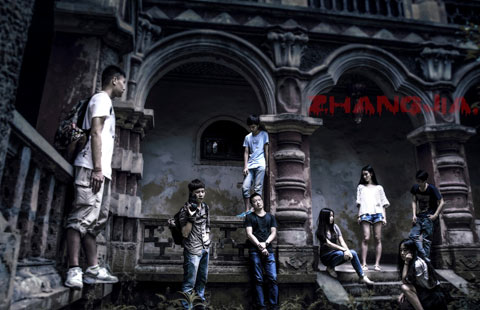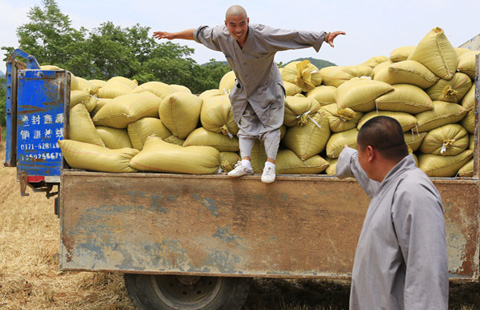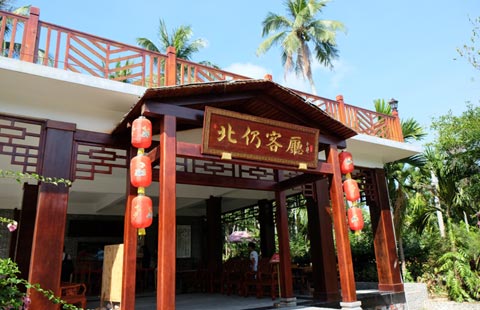Reading the writing on the wall
Updated: 2015-06-17 07:46
By Mo Yan(China Daily)
|
||||||||
 |
|
Mo Yan shares with attending writers at the Beijing forum his personal stories about seeking literary inspiration. [Photo/Xinhua] |
I remember Tie Ning (novelist and chairwoman of China Writers Association) telling the audience a story during the first East Asian literature forum in South Korea in 2008, when she said she once saw a sentence written in chalk on a wall in a small mountainous village. It read: "The sun rises and the sun sets. When will I become better?"
The sentence made me think about who might have written it. Was it a girl or a boy? Could it also be an old man? What was he thinking about when he wrote that sentence?
There is a longing for the future in the sentence, but at the same time it also contains a sense of powerlessness and a faint sorrow, reflective of reality.
A novel could possibly come out from this sentence.
Since then, I started to pay special attention to the walls of villages each time I went back to my hometown in Gaomi, Shandong province.
Once I found a dilapidated house with some words written on its walls: "Five yuan owed to Wang for the fried bread stick, 10 yuan owed to Tian for the salt, 15 yuan owed to Du ..."
I heard from the villagers that the debt note was left behind by an old man who had died. The note was left for his children who had gone away to the cities to work, and he was afraid that he forgot the debt and hoped his children would come back to pay them off.
For a novel of our times, the character of the old man - simple, honest and trustworthy - will suffice.
There was another time when I saw a small advertisement for a missing person on a long-distance bus that read - "To the father of our children: Our grandchild is about to be born, why don't you come back?"
I have developed the advertisement into a short story and have almost completed writing it.
It tells the story of a man who suddenly goes missing in the 1980s, leaving behind his wife and two children. There are lots of rumors circulating, with some saying that he had been murdered while others saying he had remarried and had a new family, and still others saying he paid nightly visits to the village.
In our daily lives, such things happen to us every now and then. Small as they may seem, however, they could give us inspiration and activate our minds for something big.
If we open all the channels within us to sense the environment, we could always find something interesting, and it could be called our muse.
(This is an excerpt from Mo Yan's speech at this year's China-South Korea-Japan Forum of East Asian Literature in Beijing.)
Xing Yi translated the piece.

 Ten photos you don't wanna miss - June 16
Ten photos you don't wanna miss - June 16
 Shaolin monks harvest bumper crop
Shaolin monks harvest bumper crop
 Cambridge students mark end of exam with boat race
Cambridge students mark end of exam with boat race
 Village attracts tourists after first lady's visit
Village attracts tourists after first lady's visit
 Top 9 US-listed Chinese companies going private
Top 9 US-listed Chinese companies going private
 Hainan San Jose to Beijing: Ready for take-off
Hainan San Jose to Beijing: Ready for take-off
 Trending Across China: A Porsche gilded in gold
Trending Across China: A Porsche gilded in gold
 Paris Air Show: From Bombardier's new C Series to China Airlines
Paris Air Show: From Bombardier's new C Series to China Airlines
Most Viewed
Editor's Picks

|

|

|

|

|

|
Today's Top News
China, US spearhead MERS fight
Key China-US talks
next week
Jeb Bush announces bid for 2016 Republican presidential run
China military says two more top officers probed for graft
Alibaba set for online video-streaming launch
China, US develop new MERS treatment
China to complete land reclamation of construction on some Nansha Islands soon
Military launches drive to root out corruption in construction projects
US Weekly

|

|






